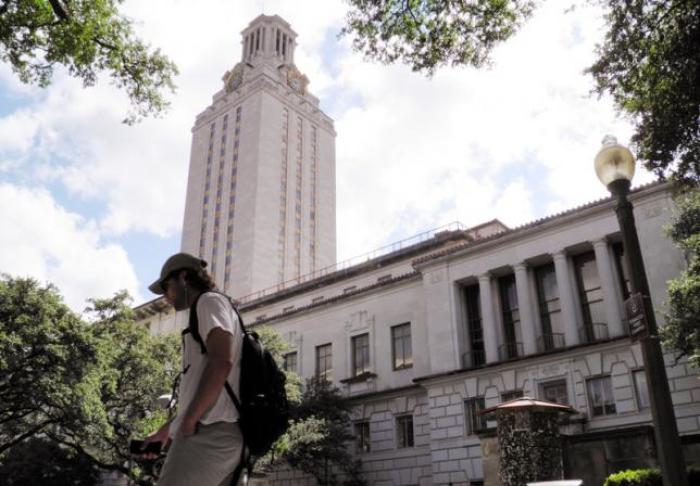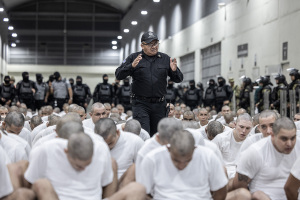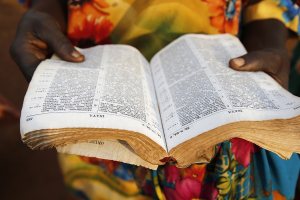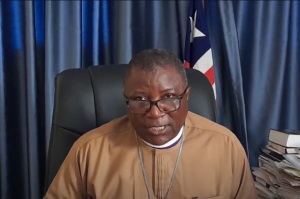LGBT Law Regulating Church Hiring Decisions 'Reflects Our Values and Culture,' Austin City Council Says

The city of Austin, Texas defended the lack of a religious exemption for churches in its new LGBT anti-discrimination law in response to a lawsuit, arguing that the law "reflects our values and culture."
The U.S. Pastor Council, which has over 1,000 member churches across the nation, has filed a lawsuit on behalf of 25 member churches who say that a city law prohibiting employment discrimination on the basis of sexual orientation or gender identity restricts their "freedom to hire."
"Any law that purports to regulate church hiring decisions inflicts injury in fact by restricting the church's autonomy," the lawsuit filed in U.S. District Court on Saturday by attorney Jonathan Mitchell argues. "[A]n injunction that blocks the enforcement of the city's anti-discrimination laws will redress the injury caused by the city's failure to exempt churches from its anti-discrimination edicts."
According to the lawsuit, the churches believe that the "Bible is the Word of God" and they "rely on the Bible rather than modern-day cultural fads for religious and moral guidance." As such, the churches will not hire "practicing homosexuals or transgendered people as clergy."
Additionally, the member churches require that employees live "according to the Bible's teachings on matters of sexuality and gender." Because of this, the lawsuit states, these churches will "not consider practicing homosexuals or transgendered people for any type of church employment."
As the Austin ordinance also bars discrimination on the basis of sex, the lawsuit also seeks protection of some member churches who feel the Bible doesn't allow women to serve in the role of senior pastor because of the words of 2 Timothy 2:12.
Although the ordinance does provide some religious exemptions, none of those exemptions provide an accommodation to churches "that oppose homosexuality, transgender behavior, or the ordination of women," the lawsuit states.
"The ordinance allows a Catholic church to require its priests to be Catholic, but it forbids the church to exclude Catholic women, Catholic homosexuals, or Catholic transgendered people from the priesthood," the lawsuit explains.
The council maintains that the lack of church exemptions violates the Free Exercise Clause of the First Amendment to the United States Constitution. The lawsuit points to the Supreme Court's 2012 ruling in Hosanna-Tabor Evangelical Lutheran Church and School v. Equal Employment Opportunity Commission.
The lawsuit also claims the lack of exemption violates the Texas Constitution and the Texas Religious Freedom Restoration Act.
"Because section 5-3-4(A) fails to provide the constitutionally mandated exemptions for churches and religious objectors, the ordinance is unconstitutional on its face and cannot be enforced in any capacity until it is amended to provide the required religious accommodations," the lawsuit asserts.
The city has vowed to defend its ordinance in court and shows no signs of backing down to the pressure of litigation.
"The ordinance reflects our values and culture respecting the dignity and rights of every individual," city spokesperson David Green said in a statement. "We are prepared to vigorously defend the City against this challenge to the City's civil rights protections."
According to Austin's NPR outlet KUT, U.S. Pastor Council Executive Director David Welch sent a letter in June to the city voicing concern about how the ordinance has the "stingiest religious exemptions we have ever seen in an anti-discrimination law."
"It is inexcusable that you would purport to subject a church's hiring decisions to your city's anti-discrimination ordinance," Welch wrote.
The council was a major supporter of a bill that failed to pass the state legislature last year that would have forced transgender students and individuals to use bathrooms and locker rooms that correspond to their biological sex in public schools and government buildings.
The council claims to have a "biblical position" on "every vital issue of our day" including abortion, marriage, sexuality, pornography, religious freedom and others.





























